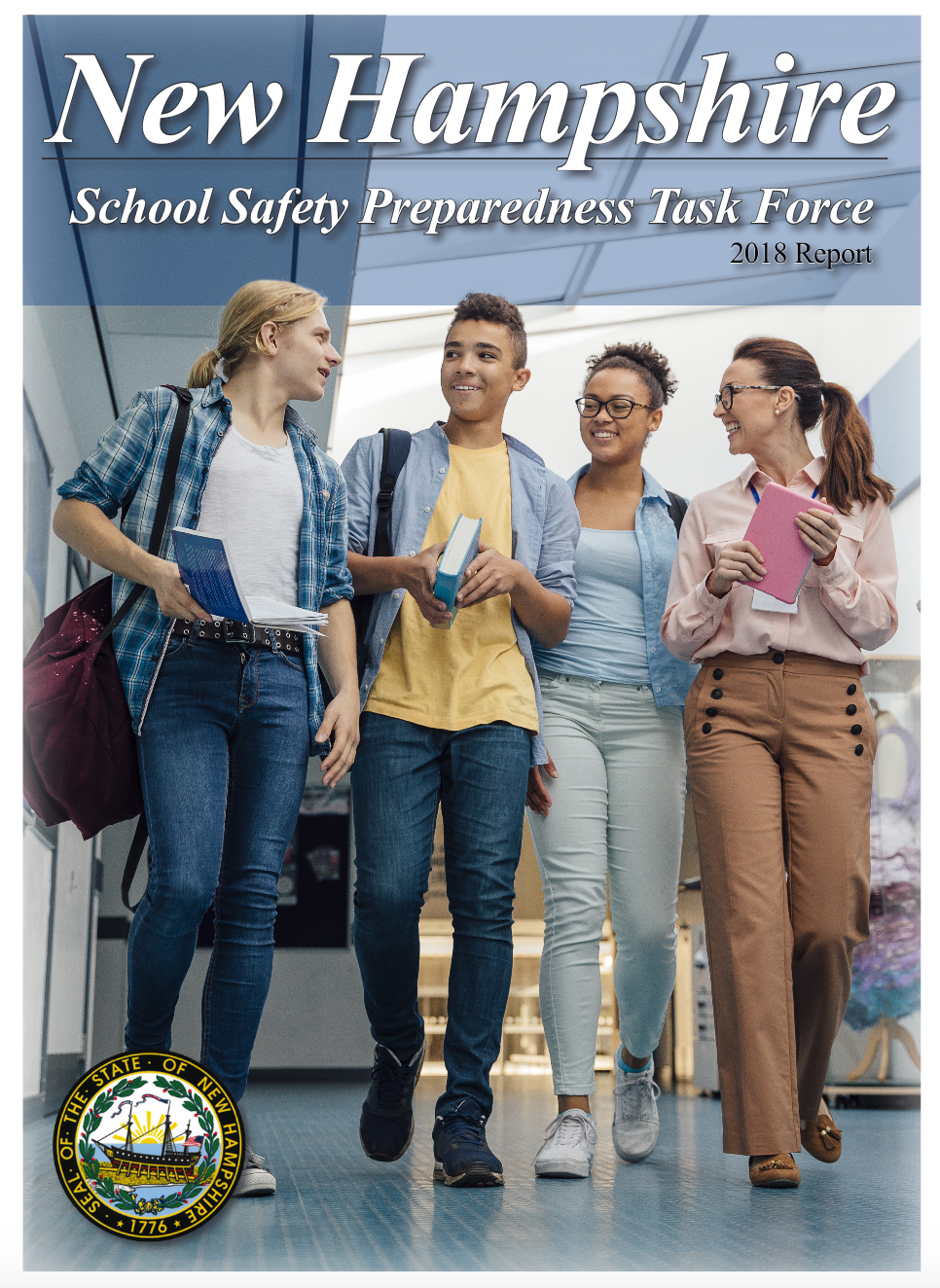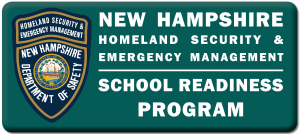School Resource Officers are proactive school-based law enforcement officers who rely on positive relationships between officers and students. These relationships build trust between SROs and the student body, reduces school safety issues, and promotes perceptions of safety. Learn more about what an SRO is and the role they play on this informational document provided by …
Category: Planning
The Task Force identified the following critical planning areas in school safety: school assessments and reassessments; reunification planning; schools as polling places; predetermined responses; emergency go-kits; and technology. This section provides resources in those planning areas.
When the Shooting Stops: Recovery from Active-Shooter Events for K-12 Schools (CHDS Master’s Thesis) [December 2017]
Recommended by the Marjory Stoneman Douglas Public Safety Commission Lead Investigator, Sgt. John Suess. From the thesis abstract: “Since Columbine, untold resources and planning efforts have been dedicated to active-shooter response by schools and public safety officials. Perhaps this is as it should be, but the almost exclusive focus on response has come at the …
Primary and Secondary School First Responders Toolbox (NCTC, DHS, FBI) [June 2019]
Unclassified resources provided by the National Counterterrorism Center (NCTC), U.S. Department of Homeland Securty (DHS) and the U.S. Department of Justice Federal Bureau of Investigation (FBI). This first-responder reference aid is intended to promote coordination among federal, state, local, tribal, and territorial government authorities and private sector security officials in deterring, preventing, and responding to …
Schools as Polling Places (REMS) [May 2019]
NH HSEM contacted the Readiness and Emergency Management for Schools (REMS) Technical Assistance (TA) Center regarding nationwide information for schools being used as an election polling location. Attached is their response.
Testing Recommendations for Emergency Communications Technologies (NH DESC) [May 2022]
This document was written by the NH Division of Emergency Services & Communications to assist organizations with understanding recommendations for communications technologies. Resource: Download Testing Recommendations for Emergency Communications Technologies
Recommendations for Multi-Line Telephone Systems (NH DESC) [September 2023]
School phones, when being used to place calls to 911, should be able to display accurate address and location information, down to the floor and room level, for the phone that is being used to make the call. A school’s telephone service provider, in conjunction with their Multi Line Telephone System (MLTS) vendor, should be …
Violence Prevention in Schools (FBI) [March 2017)
Practical advice gathered from experienced school resource officers on how law enforcement, schools, and districts can work together to keep schools safe. Includes best practices on: • Choosing a school resource officer • Establishing parameters • Necessary training and resources • Working with school officials • Challenges • Legal matters • School climate • Reporting …
School Bus Safety (NHTSA) [March 2019]
NHTSA is responsible for establishing Federal Motor Vehicle Safety Standards (FMVSSs) to reduce the number of fatalities and injuries resulting from motor vehicle crashes. Demonstrating our commitment to children’s safety on school buses, we have established minimum safety standards for school buses that are above and beyond those for regular buses because we believe school buses …







